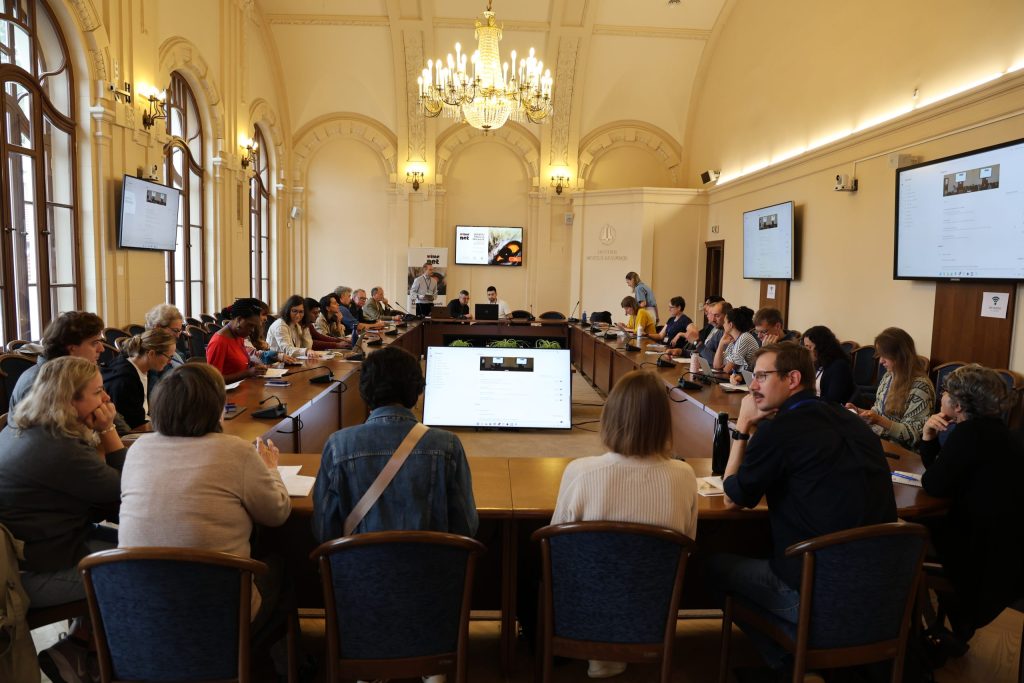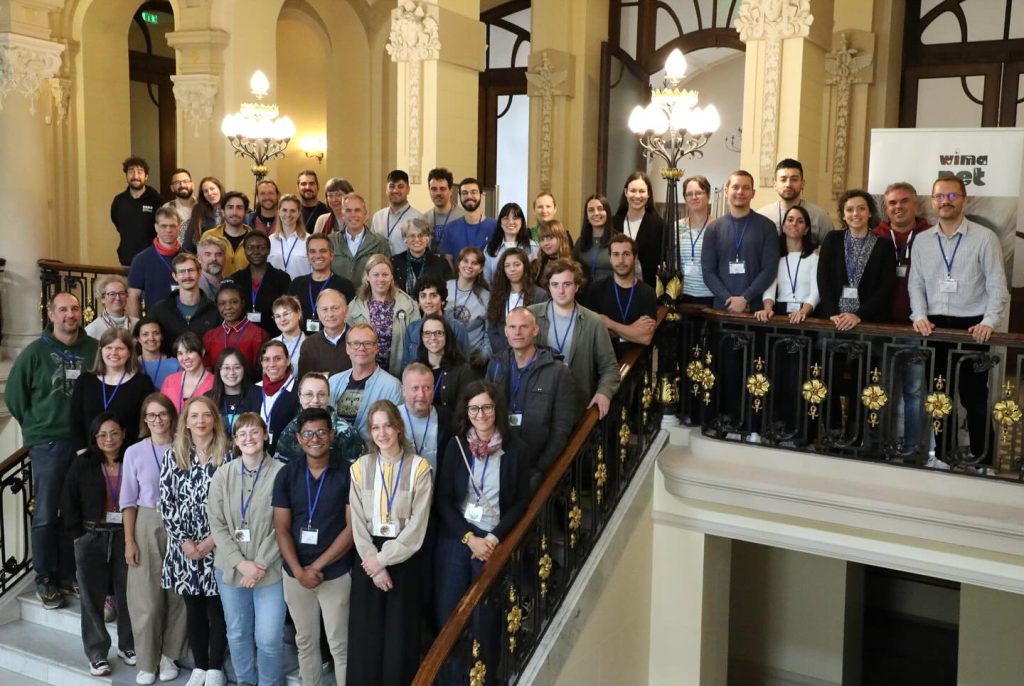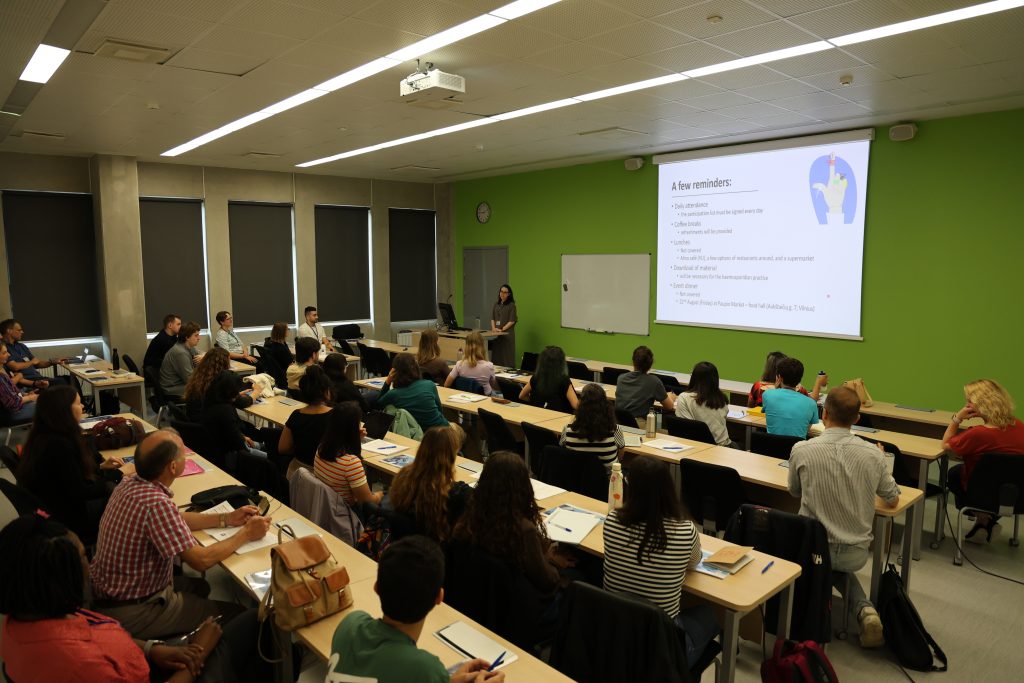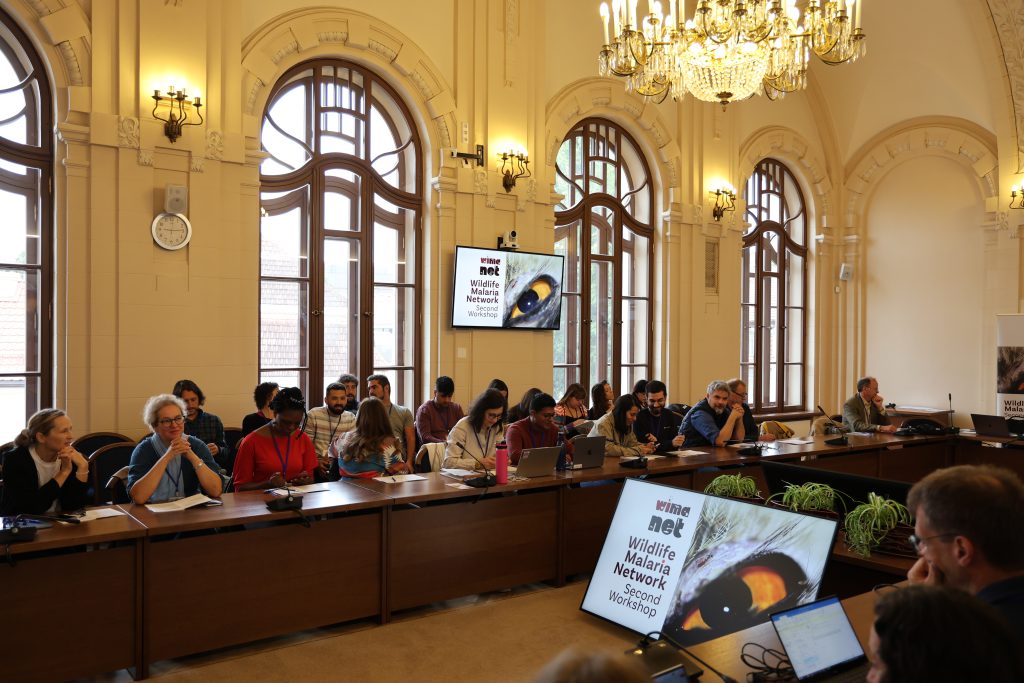Malaria is one of the most dangerous diseases affecting humanity and claiming more than half a million lives worldwide every year. Human malaria is widespread in tropical and subtropical regions, although it was also found in Lithuania in the middle of the last century. The disease is spread by blood-sucking mosquitoes, but this was only discovered by scientists at the beginning of the 20th century, and the discovery was awarded the Nobel Prize. The most important studies that helped clarifying the mode of transmission of malaria were conducted not on human but on avian malaria. Avian malaria is found all over the world, including Lithuania, so the latest knowledge about the causes of this disease is important not only for the conservation of endangered bird species but also for the determination of the patterns of spread of malaria among humans and mammals as well as possible treatments.
On 18–28 of August, researchers studying malaria in birds and other wild animals gathered in Vilnius for the 2nd workshop of the Wildlife Malaria Network (WIMANET) and international malaria training. Twenty-two young researchers participated in the training, which took place at the Vilnius University Life Sciences Centre and was organized by leading specialists from various countries around the world. During the training, researchers were prepared to identify the causative agents of malaria in birds and other mammals, apply the most advanced malaria research methods, and use the latest knowledge in studying wild animals.
Scientists from 25 countries participated in the 2md workshop of Wildlife Malaria Network at the Lithuanian Academy of Sciences. The workshop summarized new achievements in researching avian malaria, its carriers, the impact of anthropogenic activity and climate change on the spread of malaria worldwide, and outlined guidelines for research, conferences and training in the near future.
The event was partly funded by WIMANET, a European Union-funded network of wild animal malaria researchers from 50 countries around the world, including scientists from Nature Research Centre.
The event is organized by Nature Research Centre in cooperation with Vilnius University and the Lithuanian Academy of Sciences.



